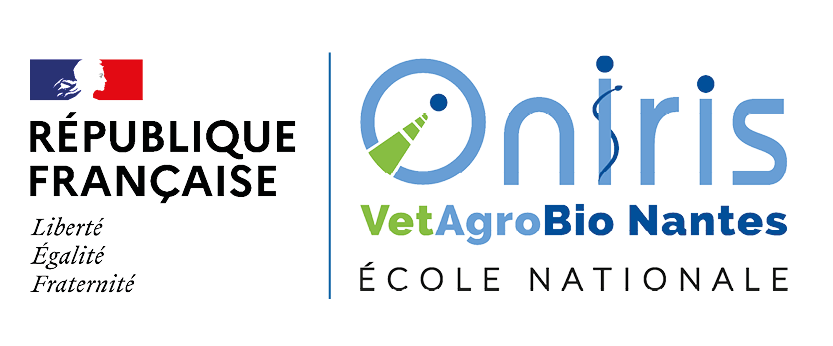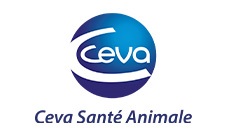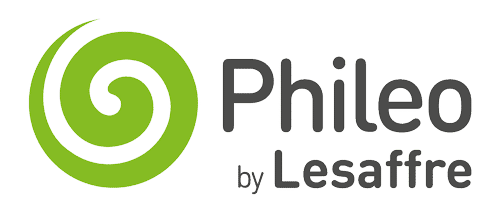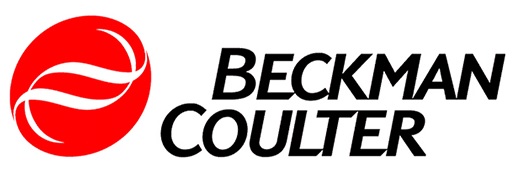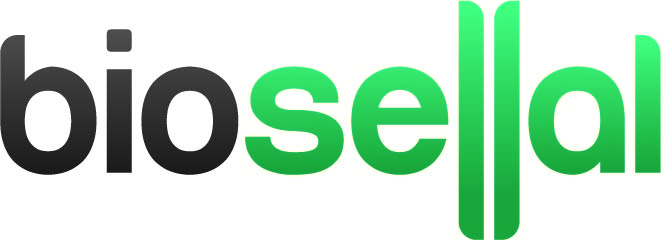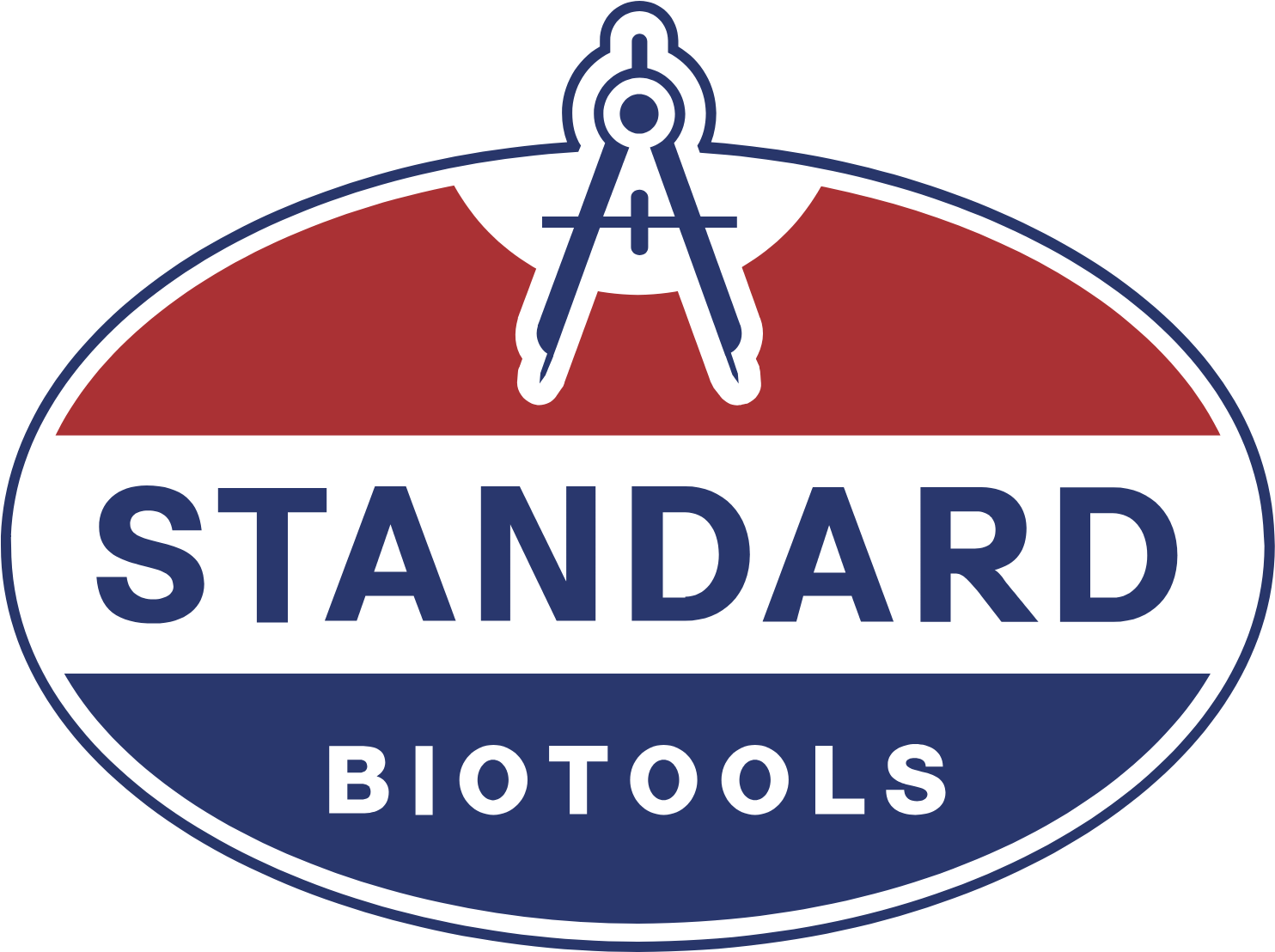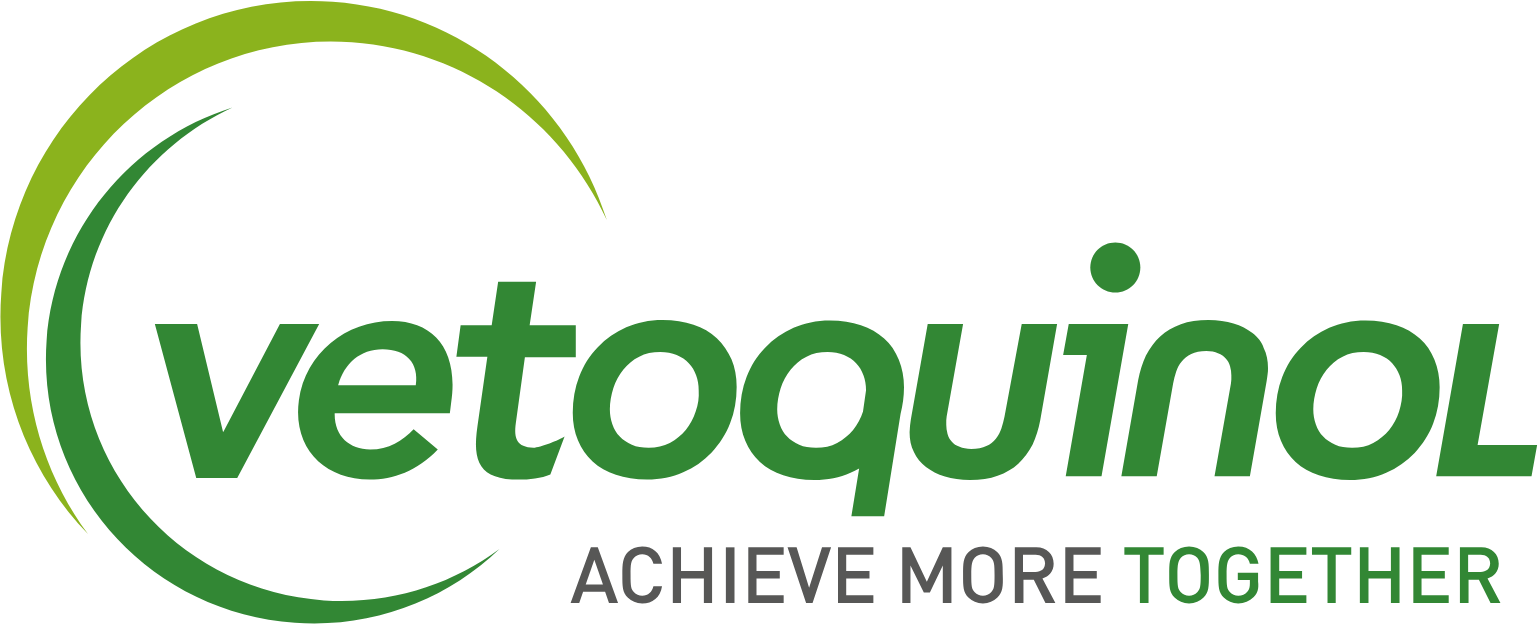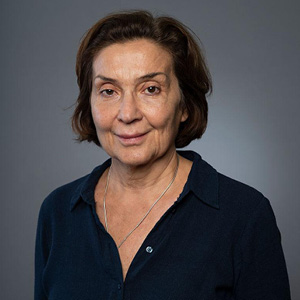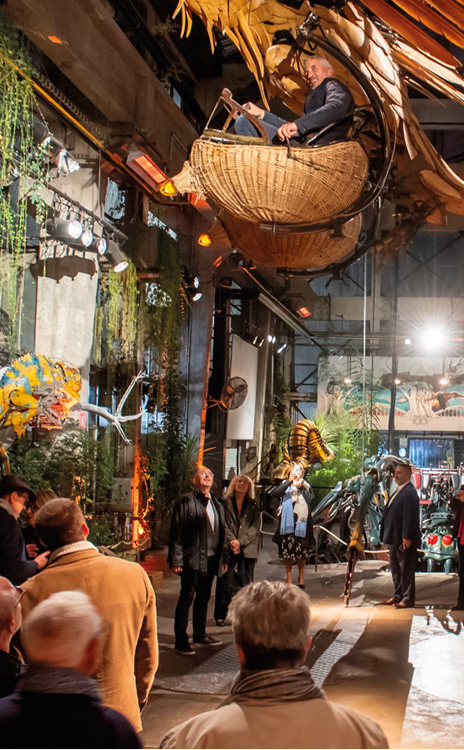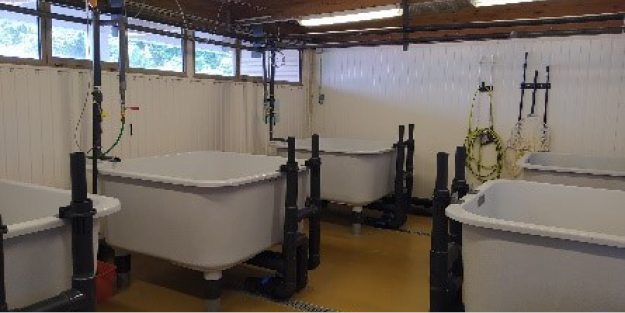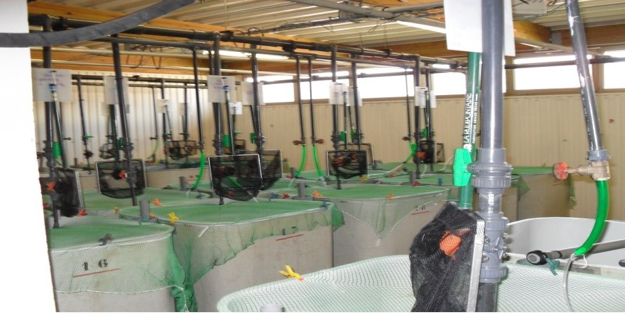2nd CIVVET congress
Welcome on the 2nd CIVVET congress page !
On this page...
Papers expected in Veterinary Immunology, Infectiology & Vaccinology, with special focus on the “3Rs” approach
The Club d'Immunologie et de Vaccinologie Vétérinaire (CIVVet) was created from the former Réseau d'Immunologie des Animaux Domestiques (IAD) and federates the veterinary immunology community. It is run by a steering committee made up of scientists from the main national animal health research institutes (INRAE, CIRAD, ANSES and veterinary schools), who are keen to encourage exchanges between research teams and the emergence of national and international animal health projects, between academics and with private partners.
The congress is organized by a local committee, bringing together scientists from the IECM and BIOEPAR research units. The congress will take place over a day and a half, with a welcome for participants on April 14, 2025 at 1pm, until April 15 at 4pm.
The scientific program will combine plenary lectures by national and international experts, and presentations by researchers and PhD students. Young scientists, doctoral students and post-doctoral fellows, will play an important role in this conference, which will be held in English.
After the congress on Tuesday, attendants are given the opportunity to visit three Oniris places: at “la Chantrerie”, the Veterinary Hospital and the Experimental Platform dedicated to research in Aquaculture, or at “la Géraudière”, the B-FHIT platform (Bioproduction for Health and Innovative Therapy). Visits will last 1h to 1h30.
Members of the local organising committee
Sébastien Assié, Catherine Belloc, Nicolas Bertho, Julie Hervé, Blandine Lieubeau, Pauline Maisonnasse
When ?
14th & 15th april 2025
Where ?
Veterinary campus
101 route de Gachet, 44 NantesEvent sponsored by ?
Schedule
Monday, the 14th of April
12h30-13h30 Welcome
13h30-14h00 - Introduction by JM. Bach (DGA Oniris) and M. Vayssier-Taussat (DSA, INRAE)
14h-14h45: Basic lessons and therapeutic applications of live imaging of extracellular vesicles in zebrafish, Pr G. Van Niel, CRCI2NA, Nantes
Session 1 Basic Immunology and Infectiology
14h45-15h: Identification of Transitional and Type 3 Dendritic Cells in Pig, A. Baillou.
15h-15h15: Sequencing of porcine antibody repertoires: identification of CDR3 marker sequences against pseudorabies virus infection, V. Herbet.
15h15-15h30: Comparative impact of porcine reproductive and respiratory virus and swine influenza A virus infections on respiratory lymph nodes B cells and macrophages, P. Maisonnasse.
15h30-15h45: Extracellular vesicles produced by regulatory B cells: new approach in kidney transplantation, S. Brouard.
15h45-16h: The G375S ITGB7 point mutation affects immunity and life expectancy in Holstein dairy cattle, L. Dutheil.
16h-16h30: Coffee break + Posters
16h30-17h15: Fish immunology: similar but slightly different, Pr G. Wiegertjes, Wageningen University & Research, The Netherlands
Session 2 Host-pathogen interactions
17h15-17h30: Gut microbiome composition shapes host transcriptome responses and Salmonella infection in chick, M. Thiam.
17h30-17h45: Importance of the caecal microbiota in the severity of the pathology associated to E. tenella avian coccidiosis, F. Bussière.
17h45-18h: Advancing ASFV Research under the 3Rs Principle: Ex Vivo Explants Approach to Studying Host-Pathogen Interactions, N. Balmelle.
18h-18h15: Swine Influenza A virus infection sets the local immunological landscape in subsequent infection with Porcine Reproductive and Respiratory Syndrome virus, N. Bertho.
18h15-18h30: Glycerides of lauric acid possess immunomodulating properties during PRRSv-infection both ex vivo and in vivo, A. Mellouk.
18h30- 19h30: End of the conferences, break before transfer to the “Galerie des Machines” for diner.
19h45: Beginning of the gala evening at the “Galerie des Machines de l’Ile de Nantes” (end 23h45)
Tuesday, the 15th of April
8h30-9h30 : Harnessing mucosal immunity: lessons from the pig model, Pr E. Tchillian, Pirbright Institute, UK
Session 3 : Experimental Vaccinology
9h30-9h45: DNA priming and MLV boosting against Porcine Reproductive and Respiratory Syndrome Virus improves the immunogenicity over a single dose of MLV in the presence of maternal antibodies, O. Bourry.
9h45-10h: Vaccination strategies against furunculosis caused by Aeromonas salmonicida subsp. salmonicida in Rainbow trout (Oncorhynchus mykiss) using autogenous vaccines, M. Quillere.
10h-10h15: IBR eradication and vaccination: has unconditional love come to an end? G. De Gryse.
10h15-10h30: The PRRSV-anergic status of some multiple vaccinated sows influences vaccine effectiveness and challenge outcomes in piglets, J. Fiers.
10h30-11h: Coffee break + Posters
11h-11h45: titre à venir, Pr C. Belloc, BIOEPAR, Oniris et Pr G. Foucras, IHAP, ENVT, Toulouse
Session 4 : Veterinary clinical research
11h45-12h: Cytokines in naturally occurring bovine respiratory diseases in young cattle at fattening farms using a 15-plex immunoassay, M. Rouault.
12h-12h15: Herd management factors influencing autogenous vaccine effectiveness against Streptococcus suis: study in 20 French pig farms, M. Remond.
12h15: Conclusion.
12h30-14h: Lunch cocktail.
14h : Optional Visits of Oniris platforms : Aquaculture experimental station, Bioproduction for Health and Innovative Therapies, Vet Clinics.
Invited speakers
Prof Elma Tchilian
Pirbright Institute, Oxford, UK
Guillaume Van Niel
UMR_S 1307 Centre de Recherche en Cancérologie et Immunologie Intégrée Nantes Angers
Geert Wiegertjes
Wageningen University & Research
Submitting an oral or written communication
Instructions for abstracts >
Abstracts must be submitted using the online at right.
Deadline for abstract submission: February the 15th
Abstracts must be written in English / 350 words maximum
Contact for any questions :
Julie Hervé, IECM Laboratory, Oniris, INRAE ; julie.herve@oniris-nantes.fr
Conference registration
Registration fees for the CIVVet congress
- Academic: 150€
- Student: 75€
- Private company: 200€ (unless registered as sponsor)
Payment method
- Order form (preferred way) to Oniris VetAgroBio/Laboratoire IECM
Blandine.lieubeau@oniris-nantes.fr - Individual direct bank transfer (in this case, please be sure to entitle your transfer: IECM-CIVVET25-LAST NAME-First name)
Contact name for any question :
Blandine Lieubeau, IECM, Oniris/INRAE
Blandine.lieubeau@oniris-nantes.fr
phone number: (33) 240 687 718
Discover the CHUV d'Oniris VetAgroBio or the Aquaculture Experimental Station
- More informations about the CHUV: https://chuv.oniris-nantes.fr/
- The Aquaculture Experimental Station is a rare facility in France. Few structures of this type exist (around ten private and public structures) and it is the only one in a veterinary school. The station is attached to the APPIFISH UMR BIOEPAR (INRAE/Oniris) research team and the SAESP (Animal and Public Health) teaching department. The two study models are the rainbow trout, Oncorhynchus mykiss, and the freshwater shrimp, Macrobrachium rosenbergii. The main areas of research are animal welfare, vaccine response, immune response, the development of infectious challenges and the kinetics of antibiotics in fish.
Acclimation room/Stall
Room for experimentation
Discover the Bioproduction For Innovative Therapies (B-FHIT) platform
- The Bioproduction For Innovative Therapies (B-FHIT) platform is unique in France in terms of the variety of its equipment and skills in the field of bioproduction. The platform is connected to the IECM (Oniris/INRAE) research laboratory and the Biology, Pathology and Food Science teaching department. It owns laboratory-scale and pilot-scale equipment that enables the impact of a process's change of scale on the quality attributes of biotherapies to be assessed.
As the upstream to downstream stages are carried out on the same site, the available tools enable biotherapies to be characterized throughout the production process. The research carried out focuses in particular on the challenges associated with the production of extracellular vesicles.
10l Bioreactor
